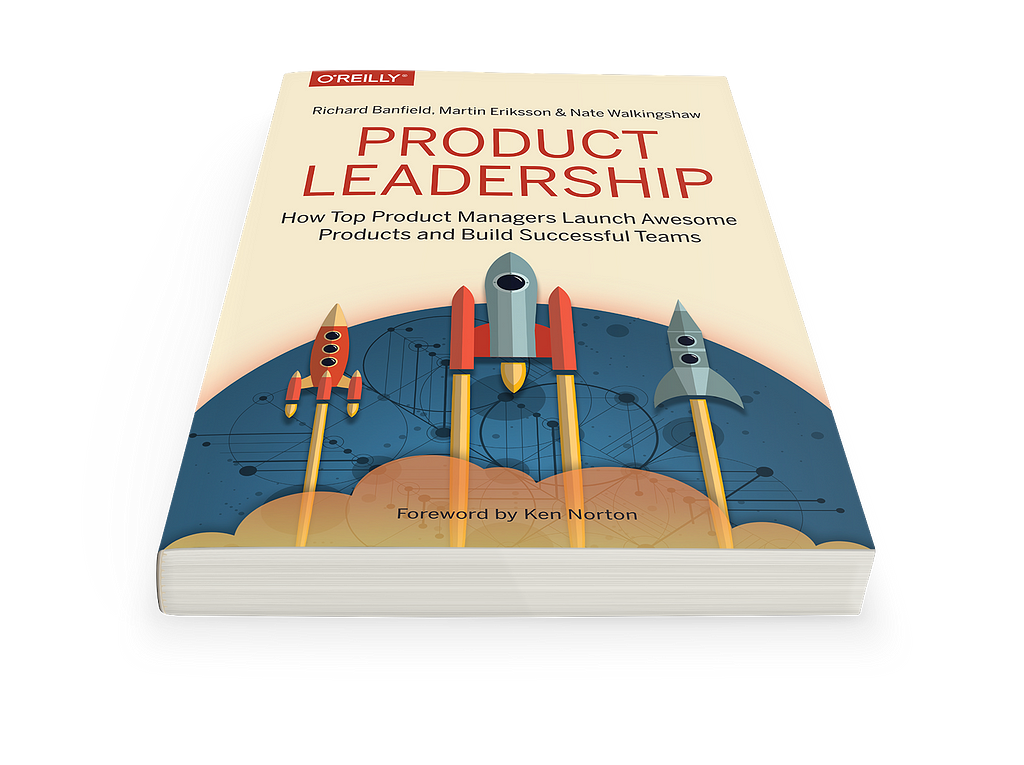Latest news about Bitcoin and all cryptocurrencies. Your daily crypto news habit.

When Ben Horowitz wrote his groundbreaking memo good product manager, bad product manager nearly 20 years ago he described a product manager as the CEO of the product. While this has gotten a lot of people excited about the job I couldn’t disagree more.
Unless you’re the founder and the product manager at the same time, you are not the CEO of anything.
While you could argue that a product manager is responsible for the success or failure of a product in much the same way the CEO is responsible for the success of the business, even that similarity stretches the analogy. A product manager ultimately has a CEO behind them somewhere, and can always pass the buck or get help. Now great product managers don’t pass the buck, and this ownership of the problem and willingness to make the hard decisions is where a product manager gets closest to being a CEO but there is a massive difference between having someone behind you to back you up or really having the final say.
Where the two roles differ completely is in authority. Product managers simply don’t have any direct authority over most of the things needed to make their products successful — from user and data research through design and development to marketing, sales, and support. Even today’s most senior product leaders only have hiring and firing control over their direct reports — other product managers. Does that sound like any CEO you know?
A CEO, on the other hand, stands truly alone, with ultimate responsibility for the success or failure of not just the company but every product in it. The CEO also controls all the resources of the company — with hiring and firing prerogatives across the company and final say on the budget. Does that sound like any product manager you know?
Not just Semantics
This may seem like mere semantics but the distinction is important. Too many product managers I meet buy into this trope of CEO-of-the-product and believe their role is to act like an authoritarian CEO, often with disastrous results. These product managers tend to believe they have all the answers, that they produce the best solutions and designs, and that their teams should just do what they’re told. They’re mini-CEOs after all!
Many will argue that good CEOs aren’t authoritarian at all — and I agree completely. But if you have to qualify or explain the CEO analogy everytime you use it — it’s not a very good analogy, and it still risks confusing product managers as to what their role actually is.
Lead, don’t Command
Truly successful product leaders instead embrace their lack of authority and lead their teams and the wider company through communication, vision, and influence. They focus on collaborating across the company, bringing together the best people to move the product forward, and setting those teams free to execute on their product vision.
In Daniel Pink’s book To Sell is Human, he refers to this skill as the ability to “move” people from one mindset to another. Successful product managers and leaders spend a significant portion of their time engaged in these ‘moving’ activities, bringing everyone together around a shared understanding of the customer problem so that everyone can be involved in helping solve it to further the business goals.
Product management is a team sport after all, and the best teams don’t have bosses — they have coaches who ensure all the skills and experiences needed are present on the team, that everyone is in the right place, knows where the goal is, and then gets out of the way and lets the team do what they do best in order to reach that goal.
As Ken Norton, Product Partner at GV, says in my upcoming book Product Leadership: How Top Product Managers Launch Great Products and Build Successful Teams, “When you’re a product manager, you’re generally not the boss. You need to gain authority through your actions and your leadership skills, not your role.”
Most of the product leaders we interviewed for the book echoed sentiments like this. “A lot of people say the product manager is like the CEO or the captain of the ship. I don’t really think of it that way because when you describe things like that it makes it seem as though you’re making all the decisions, or you’re driving how everything works together, and you’re not.” adds Mina Radhakrishnan, the first Head of Product at Uber.
You are not the CEO
You are not the CEO of your product, you are not Steve Jobs, you are not a lone genius designing a product from your ivory tower. Never forget that as a product leader you are only as good as your team, and setting them up for success and giving them the space and air cover to do their best is ultimately how you and your product will be successful.
Now just because you can pass the buck to someone higher up the chain of command doesn’t mean you should. You should live and die by your product’s success and failure anyway, because giving it your all is important and the sign of a great product manager — whether you’re the CEO or not.
But one day…
“I think product leaders, not surprisingly, are often seen as great potential candidates for the CEO when they get further on in their career. Because at an executive level, all the product management attributes are really relevant — you’re focused on the money, you’re focused on the users, you’re focused on the data, and you’re focused on the future” says Tanya Cordrey, former Chief Digital Officer at the Guardian.
So while you may not be the CEO of anything right now, the funny thing is Product Leaders make for great CEOs and maybe some CEOs could do with acting more like Product Leaders. All those skills of leading without authority, moving mindsets, and setting your team up for success are what define great CEOs too, so if you want that title, keep working on those skills and who knows where you might end up!
This post originally appeared on Mind the Product.
Enjoy what you’ve read? Good, because there’s an entire book full of this stuff!
I’ve been working with two masters of product Richard Banfield and Nate Walkingshaw on writing a book that all product professionals can benefit from. Partly out of curiosity and on the back of our own experience, we’ve interviewed almost one hundred product leaders. Their insights and experiences will open up the conversation and take the lid off the mystery of great product leadership.
The Product Leadership book is being published by O’Reilly and will be out on shelves on May 31 but you can pre-order the book on Amazon today!
Product Managers — You are Not the CEO was originally published in Hacker Noon on Medium, where people are continuing the conversation by highlighting and responding to this story.
Disclaimer
The views and opinions expressed in this article are solely those of the authors and do not reflect the views of Bitcoin Insider. Every investment and trading move involves risk - this is especially true for cryptocurrencies given their volatility. We strongly advise our readers to conduct their own research when making a decision.

